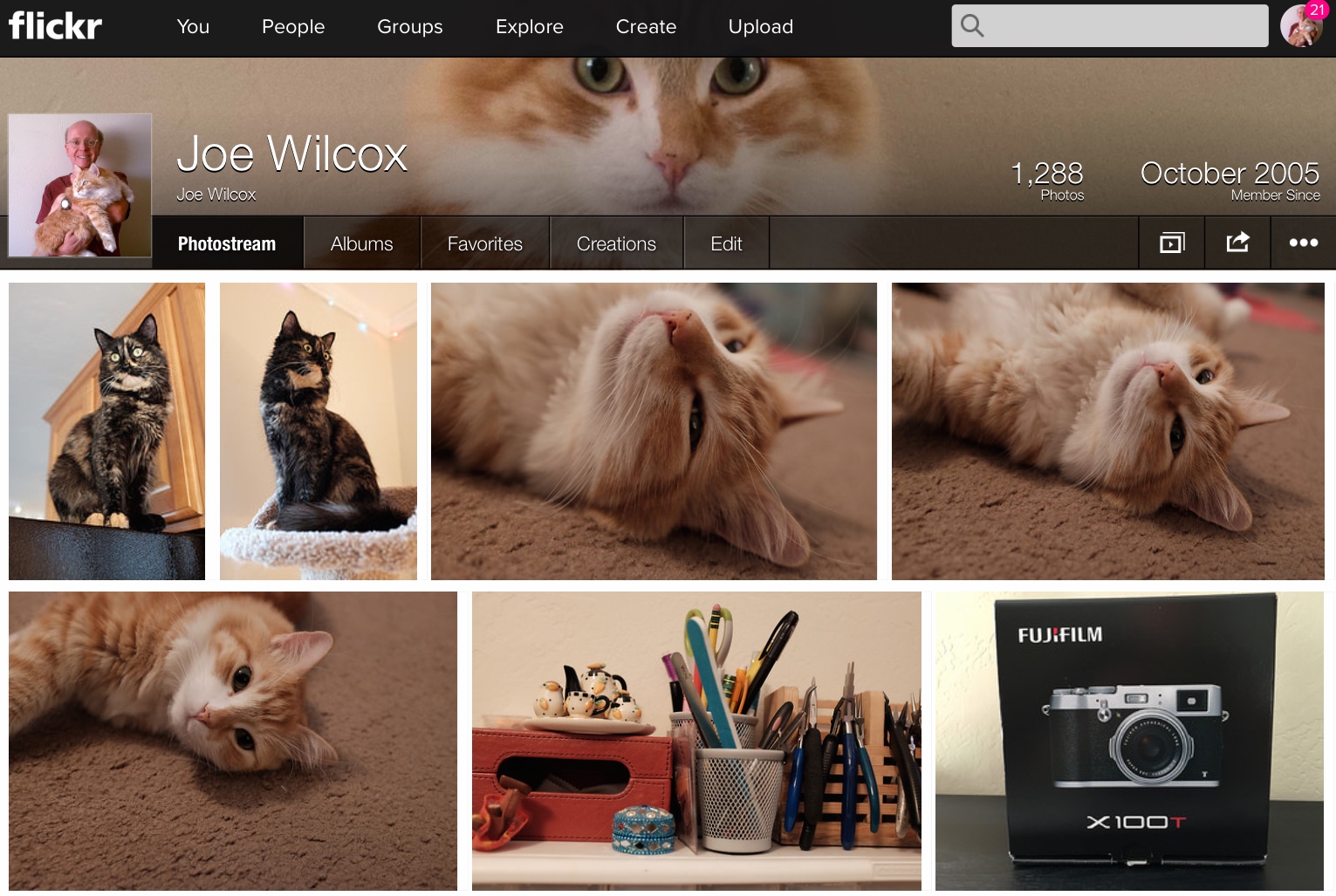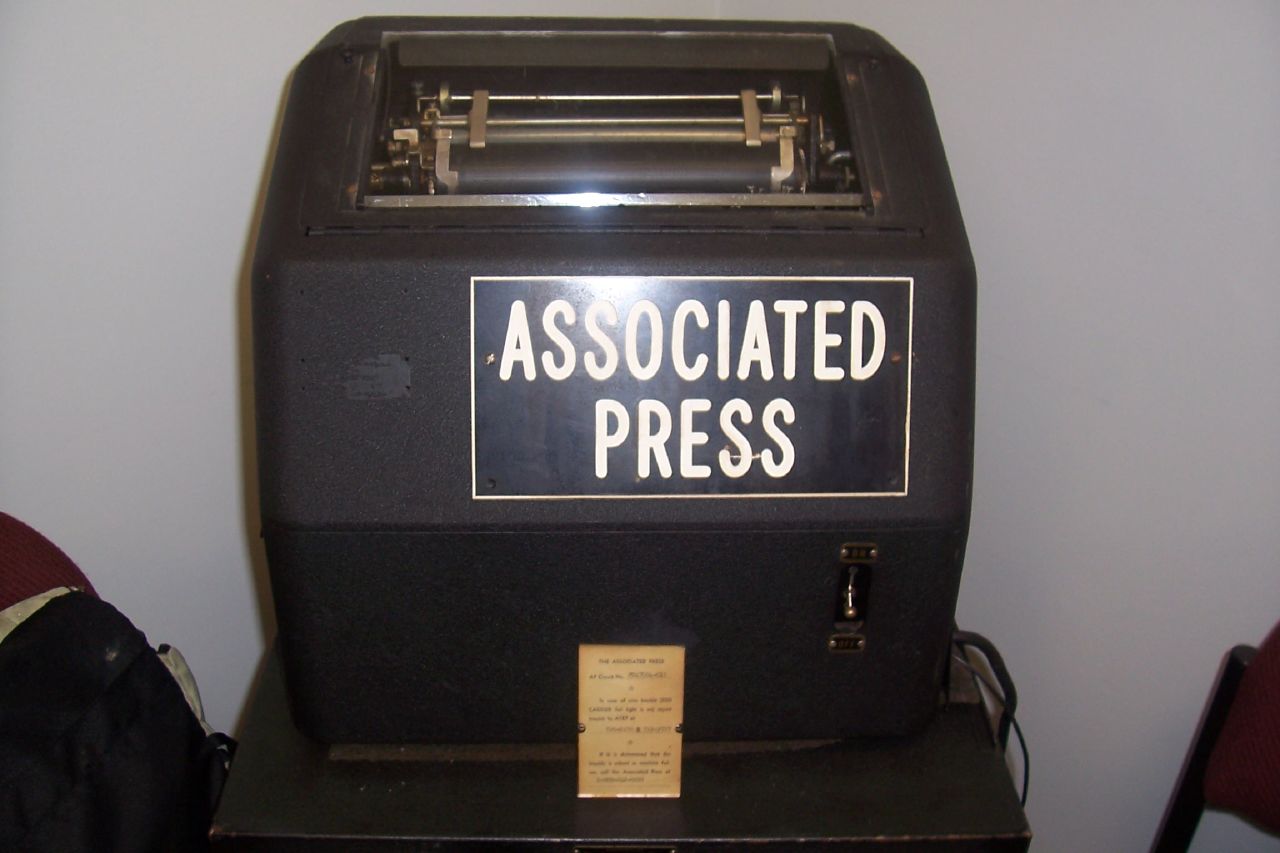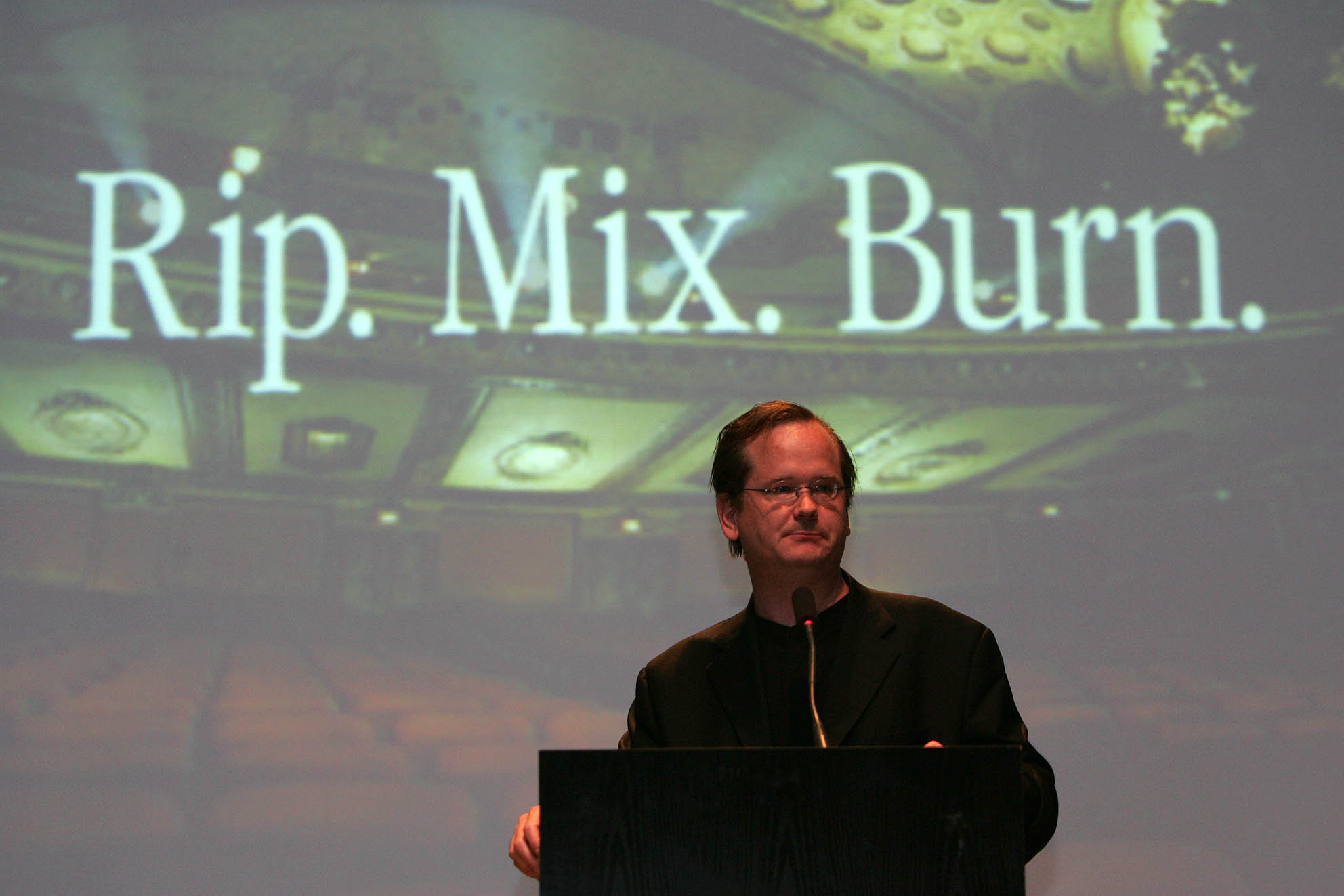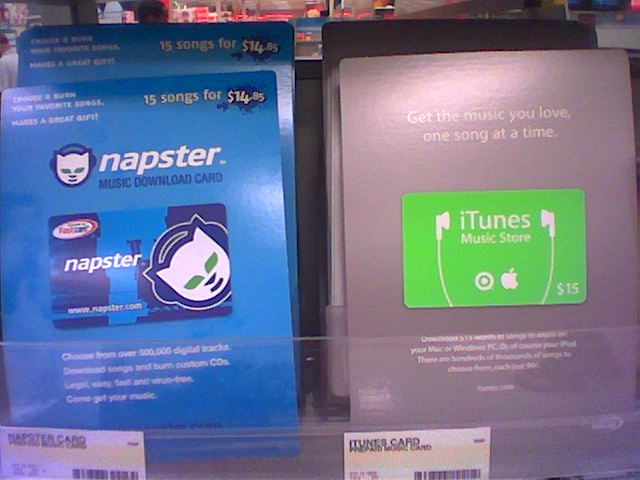I have a whopping “WTF?” headache this fine Saturday over a Wikipedia report that the Bernie Sanders campaign filed a DMCA (Digital Millennium Copyright Act) request demanding removal of the Presidential hopeful’s logos. Seriously? From an encyclopedia? If this is the future under so-called Democratic Socialism, run for cover. The Police State pounds the door! He talks the good talk—gentile Uncle promising freedom for all—but I look where he walks, and that’s with a club beating baby seals of free speech. Yikes!
I am decidedly non-partisan, meaning: All politicians are fair game for our bow and arrows to shoot and Bowie knife to gut. (Got a taxidermist on contract to stuff them, too!) The Donald is easy prey, but I never expected Bernie to gloriously trump Trump! The take-down notice’s absurdity outdoes the proposed Wall protecting Americans from Mexicans south and Canadians north.









